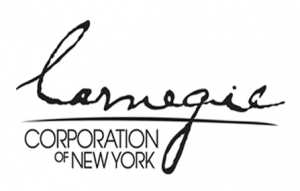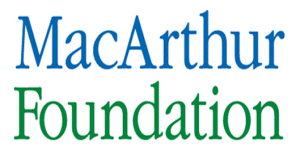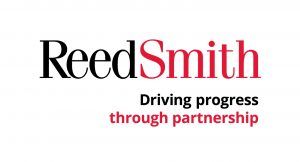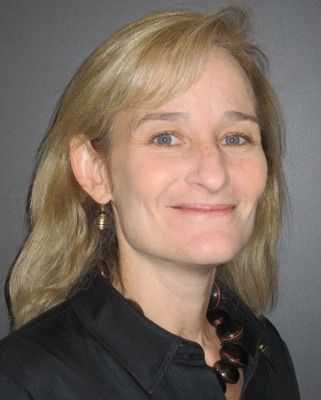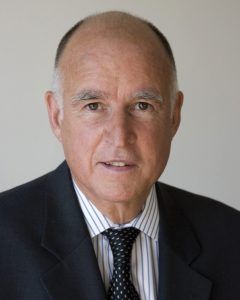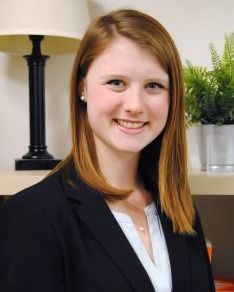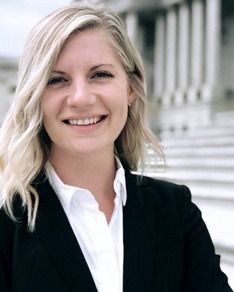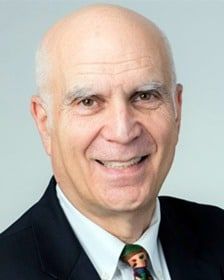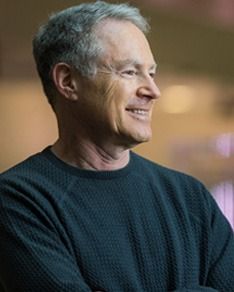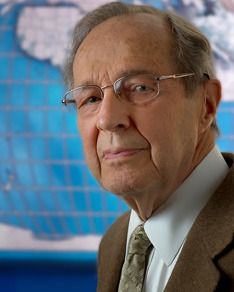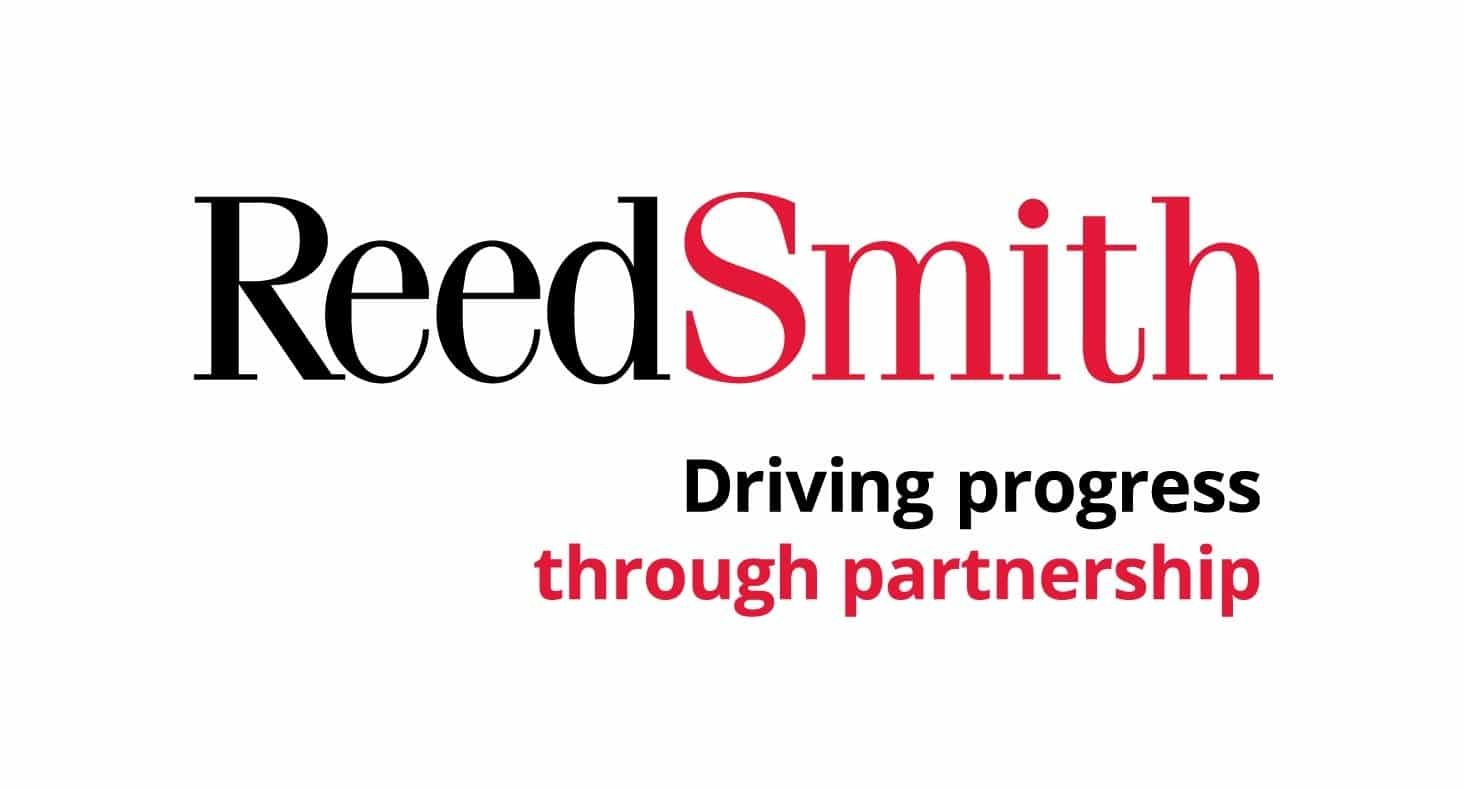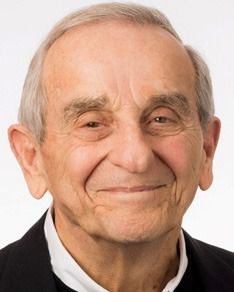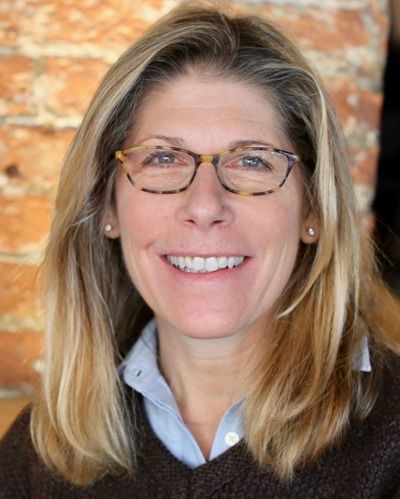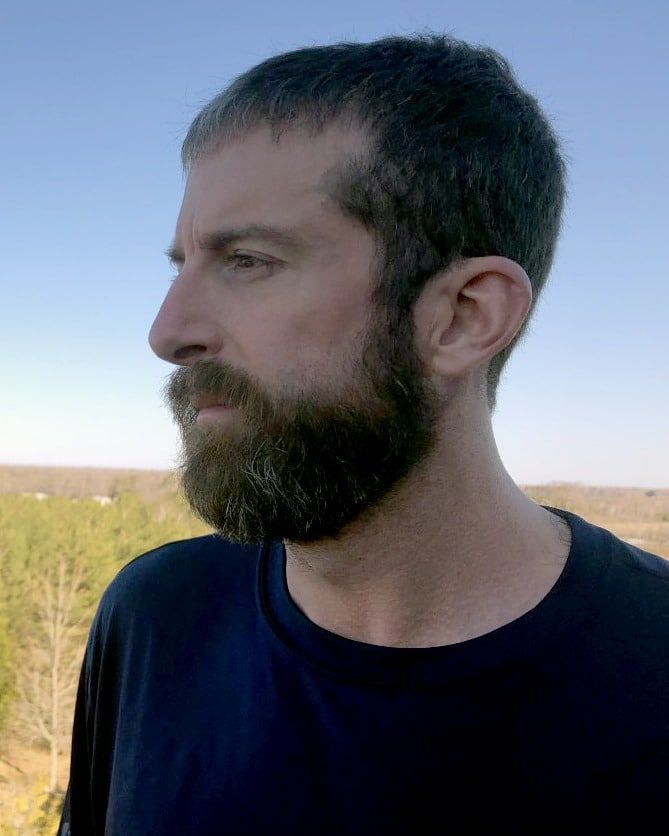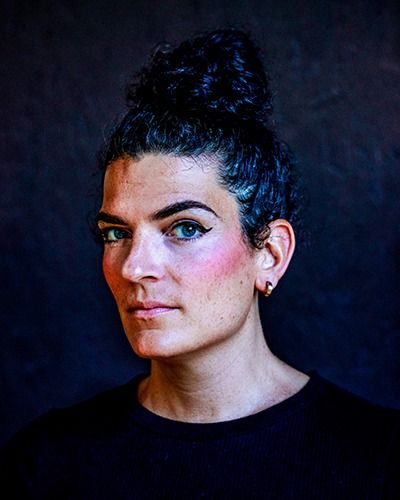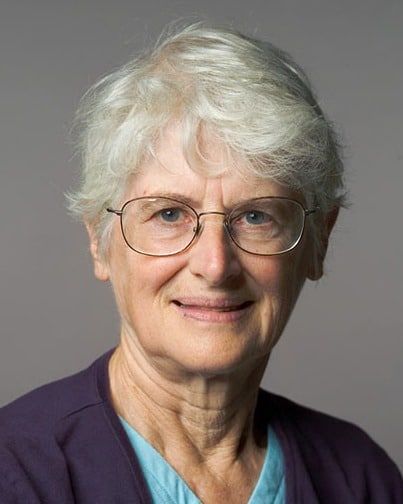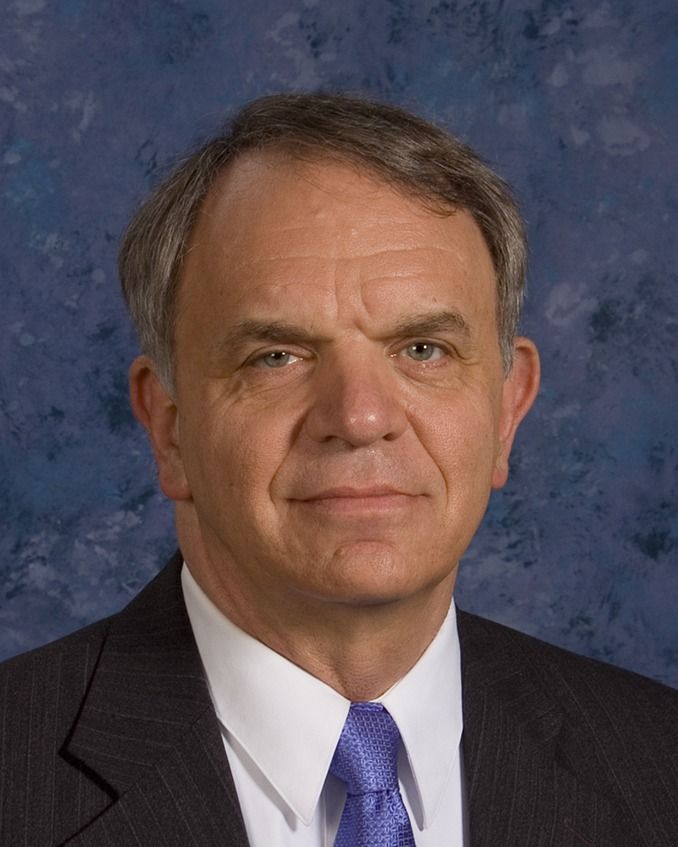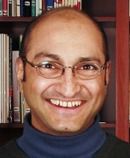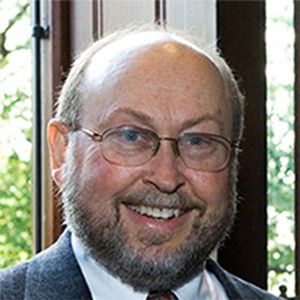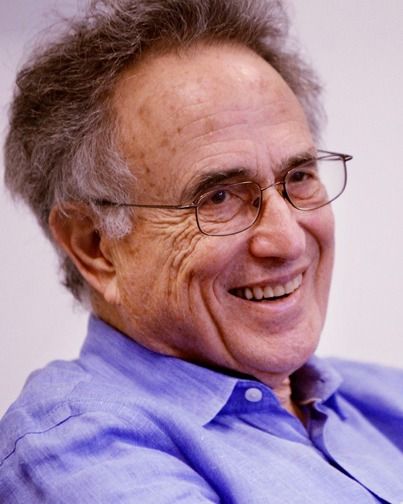2019 Annual Dinner & Meeting Speaker Bios
2019 Dinner Speakers
Rachel Bronson
President and CEO, Bulletin of the Atomic Scientists
Rachel Bronson is the president and CEO of the Bulletin of the Atomic Scientists, where she oversees the publishing programs, management of the Doomsday Clock, and a growing set of activities around nuclear weapons, nuclear energy, climate change, and disruptive technologies. Before joining the Bulletin, she served for eight years at the Chicago Council on Global Affairs in a number of capacities including vice president of studies; vice president of programs and studies; and senior fellow, global energy. She also taught “Global Energy” as an adjunct professor at the Kellogg School of Management.
Edmund G. Brown Jr.
Former Governor, State of California
Jerry Brown served for four terms as Governor of the State of California, the most recent term ending in January, 2019. He began his career in public service in 1969 as a trustee for the LA Community College District. He became California Secretary of State in 1970 and Governor of California in 1974 and 1978. After his second term as governor, Brown lectured and traveled widely, practiced law, served as chairman of the state Democratic Party, and ran for president. Brown was elected Mayor of Oakland in 1988 and California Attorney General in 2006; he was elected to a third gubernatorial term in 2010 and a fourth term in 2014. During this time, Brown helped eliminate the state's multi-billion budget deficit, spearheading successful campaigns to provide new funding for California's schools and establish a robust Rainy Day Fund to prepare for the next economic downturn. His administration has established nation-leading targets to protect the environment and fight climate change. Brown attended the University of California, Berkeley, and earned a JD at Yale Law School. He is also executive chair of the Bulletin of the Atomic Scientists.
Erin Connolly, 2018 Rieser Award Recipient
Associate Program Director, Girl Security; Master’s Candidate 2021, University of Notre Dame Keough School of Global Affairs
Erin Connolly is a master’s candidate at the Keough School of Global Affairs, International Peace Studies at the University of Notre Dame and former research analyst at the Center for Arms Control and Non-Proliferation. She works to promote youth awareness of nuclear policy issues, with a particular focus on nuclear security and terrorism. In 2018, she and Kate Hewitt received the Bulletin of the Atomic Scientists' Rieser Award for their essay "American students aren’t taught nuclear weapons policy in school. Here’s how to fix that problem."
Kate Hewitt, 2018 Rieser Award Recipient
Federal Contractor, National Nuclear Security Administration; Advisor, Girl Security
Kate Hewitt is a federal contractor at the National Nuclear Security Administration and a former Hebert Scoville Peace Fellow. Prior to joining the NNSA, she worked as a research assistant at a nonpartisan think tank in Washington, DC. In 2018, she and Erin Connolly received the Bulletin of the Atomic Scientists' Rieser Award for their essay "American students aren’t taught nuclear weapons policy in school. Here’s how to fix that problem."
Austin Hirsch, Honoree
Partner, Reed Smith LLP
Austin Hirsch is a partner at Reed Smith’s Global Corporate Group whose practice encompasses all aspects of business law. Hirsch has been an Executive Committee member of Reed Smith and former Managing Partner of Reed Smith Chicago’s legacy firm, Sachnoff and Weaver. He has served as a director of various companies and as an advisor for family offices. Hirsch is a recipient of the Distinguished Service Award by the Chicago Bar Foundation and a Co-Chair of Lawyer Lend-A-Hand to Youth.
Hirsch chairs the board of the Benton Foundation and is chair and president of The Selfhelp Foundation and recipient of the Selfhelp Special Service Award. Hirsch is also a member of the Board of Managers of the Chicago Bar Foundation and Chair of the Investment Committee, as well as a member of the Finance Committee of the Chicago Bar Association. He received a BS in accounting from the University of Illinois at Urbana-Champaign in 1970 (CPA certificate) and went on to complete his JD at Northwestern Pritzker School of Law in 1973. He is a member of the Executive Committee, Bulletin of the Atomic Scientists Governing Board.
Eric Horvitz, Keynote Speaker
Technical Fellow, Microsoft; Director, Microsoft Research Labs
Eric Horvitz is a technical fellow at Microsoft, where he also serves as the director of Microsoft Research Labs. His research centers on the uses of artificial intelligence (AI) and its challenges in the open world. Horvitz serves on the Bulletin’s Board of Sponsors.
Horvitz is a recipient of both the Feigenbaum Prize and the Allen Newell Award for his contributions in AI. He chairs Microsoft’s Aether committee on AI, effects, and ethics in engineering and research; established the One Hundred Year Study on AI at Stanford University; and co-founded the Partnership on AI. Horvitz has served as president of the Association for the Advancement of Artificial Intelligence (AAAI) and on advisory committees for the National Science Foundation, National Institutes of Health, President’s Council of Advisors on Science and Technology, DARPA, and the Allen Institute for AI. He received PhD and MD degrees at Stanford University.
William Perry
Former US Secretary of Defense
William J. Perry's career has spanned academia, industry, entrepreneurship, government, and diplomacy. He served as the 19th Secretary of Defense for the United States from February 1994 to January 1997. In 2007, Perry, George Shultz, Sam Nunn, and Henry Kissinger together formed the Nuclear Security Project, articulating practical steps to reduce current nuclear dangers. In 2013, he founded the William J. Perry Project in order to engage and educate the public on these issues; in 2015, he published My Journey at the Nuclear Brink, a personal account of his lifelong effort to reduce the threat of nuclear catastrophe. He is chair of the Bulletin's Board of Sponsors.
Perry is the Michael and Barbara Berberian Professor (emeritus) at Stanford University. He received a BS and MS from Stanford, and a Ph.D. from Pennsylvania State, all in mathematics. He was awarded the Presidential Medal of Freedom(1997) and the Knight Commander of the British Empire (1998). Perry has received numerous other awards, including the American Electronic Association's Medal of Achievement (1980) , the Eisenhower Award (1996), the Marshall Award (1997), the Forrestal Medal (1994),the Henry Stimson Medal (1994), and the Arthur Bueche Medal (1996) by the National Academy of Engineering. He has also received decorations from the governments of Albania, Bahrain, France, Germany, Hungary, Japan, South Korea, Poland, Slovenia, and Ukraine.
Perry is the father of five, grandfather of eight, and a great-grandfather of four. He continues to travel the world in pursuit of his goal to eliminate the ongoing danger of nuclear weapons.
Reed Smith LLP, Honoree
Reed Smith LLP is a global relationship law firm with more than 1,700 lawyers in 29 offices throughout the United States, Europe, Asia, and the Middle East. Founded in 1877, the firm represents leading international businesses, from Fortune 100 corporations to mid-market and emerging enterprises.
Reed Smith has long supported the Bulletin in its mission to ensure that scientific advances make life better, not worse.
Lowell Sachnoff, Honoree
Senior Counsel, Reed Smith LLP
Sachnoff is senior counsel based in the Chicago office of Reed Smith LLP and is a founding member of Reed Smith Chicago’s legacy firm, Sachnoff & Weaver. His current practice focuses on mediation and arbitration and mentoring young lawyers in their practice. Sachnoff's pro bono work includes the successful representation of detainees at the Guantanamo Bay prison and their relocation to safe countries abroad, as well as protecting the civil rights of patients confined in state mental hospitals.
Sachnoff’s dedication to civil rights and social justice has earned him numerous awards: the American Lawyer 2011 Lifetime Achievement Award, the American Constitution Society 2010 Legal Legend Award, and the 2007 Edwin A. Rothschild Lifetime Achievement Award for Civil Rights from the Chicago Lawyer’s Committee for Civil Rights Under Law. He has served as a visiting lecturer on complex litigation and mental health law at the University of Chicago Law School, Northwestern University School of Law, and Chicago-Kent College of Law. Sachnoff is a board member of the Business and Professional People for the Public Interest and The National Lawyers Committee for Civil Rights Under Law and has served on the board of the Lawyers Alliance for Nuclear Arms Control. Sachnoff is a graduate of Harvard College in 1952 and the Harvard Law School in 1957 and he served as an officer in Naval Intelligence during the Korean War. He is a director of the Bulletin of the Atomic Scientists Governing Board.
2019 Meeting Speakers
Session 1 (1:00 pm to 1:45 pm)
Elizabeth Talerman
Elizabeth Talerman leads The Nucleus Group in collaborations with innovative organizations to establish meaning, clarify purpose, streamline decision-making and turn strategy into action. With a background in marketing, communications and brand strategy she works to identify patterns and develop insights that help create binding connections, accelerate growth and catalyze change.
Talerman has spent more than 30 years working with leaders spanning both the commercial and social impact sectors. She teaches in the School of Visual Arts Masters in Branding program and is a frequent lecturer at Barnard College. She taught for five years in Columbia University’s Strategic Communications masters degree program and served 16 years on the board of Virginia Commonwealth University Brandcenter.
She serves on the board of Mohawk, North America’s largest privately held fine paper company.
Brett Goldstein
Brett Goldstein is a Senior Advisor to The Pearson Institute and Special Advisor to the Provost at the University of Chicago. In this role, he advises governments and major universities around the world on how to use data to better understand urban ecosystems. Goldstein focuses his work with the Institute on analyzing emerging threats to the global community, namely cyber security policy.
Previously, Goldstein worked for the City of Chicago as the first municipal chief information officer. In this capacity he worked to accelerate the city's growth as a global hub of innovation and technology, establishing one of the nation's leading open data efforts and overhauling the city's technology infrastructure to reflect the needs of today's government. Goldstein also created WindyGrid, a situational awareness and analytics platform first used during the 2012 Chicago NATO Summit and later adopted to support improved service delivery citywide. Goldstein began his career in the start-up sector, where he spent seven years at OpenTable.
Mika Tosca
Dr. Mika Tosca is a trained climate scientist, having completed her PhD in 2012 at the University of California, Irvine with Dr. James Randerson and Dr. Charles Zender. While at Irvine, Dr. Tosca researched the interconnectivity of the climate system with landscape wildfires and their particulate (aerosol) emissions using Earth system models. She continued this work as a postdoctoral scholar at the Jet Propulsion Laboratory (a federally-funded NASA research lab) in Pasadena, CA, under the advisement of Dr. David Diner. There, she used multiple satellite sensors to research the interactions between climate, clouds, and fires, even traveling as far as Namibia in 2016 to observe the complex relationships between wildfire smoke and cloud formation as part of the NASA ORACLES field campaign. In 2017 she took a position as an Assistant Professor at the School of the Art Institute of Chicago and is now investigating whether artists and designers can help scientists conduct climate science more effectively. She has been invited to speak on the role of scientists, artists, and citizens in communicating climate change, and continues to research contemporary climate science questions. She continues to be vocal about the urgency of addressing the climate crisis. Tosca is a self-proclaimed “weather weenie” and avid marathoner, and lives in Chicago with her partner and their impeccably adorable pup.
Session 2 (2:05 pm to 2:50 pm)
Judith Reppy
Dr. Judith Reppy is Professor Emerita in the Department of Science and Technology Studies at Cornell University, where she has also been associated with the Program on Peace and Conflict Studies (formerly the Peace Studies Program) for over forty years. Her research interests include military technology, government policies for science and technology and the role of secrecy in knowledge production.
In 2002-03 she was a member of the National Academies Committee on Research Standards and Practices to Prevent the Destructive Application of Biotechnology, 2002-03 (the “Fink Committee”), and more recently she served as Principal Investigator and co-director (with Catherine Kelleher) on a grant (2014-2017) from the MacArthur Foundation for a project on Stability at Low Nuclear Numbers.
Robert Latiff
Dr. Robert H. Latiff retired from the US Air Force as a Major General in 2006. He is a consultant, providing advice on advanced technology matters to corporate and government clients and to universities. Dr. Latiff is an Adjunct Faculty Member with the John J. Reilly Center for Science, Technology, and Values at the University of Notre Dame. He is also a Research Professor at George Mason University, with interests primarily in technologies to support the US Intelligence Community.
Major General Latiff received his PhD and his MS in materials science and his BS in Physics from the University of Notre Dame and is a graduate of the National Security Fellows Program at Harvard’s JFK School of Government. He is a member of the Intelligence Community Studies Board and the Committee on International Security and Arms Control of the National Academies of Sciences, Engineering, and Medicine. Latiff is a member of the Bulletin's Science and Security Board.
Sivan Kartha
Dr. Sivan Kartha is a senior scientist at the Stockholm Environmental Institute. He is a co-leader of SEI’s Gender and Social Equity Programme, and co-director of the Climate Equity Reference Project. His current work deals primarily with the economic, political, and ethical dimensions of equitably sharing the effort of an ambitious global response to climate change. Kartha has also worked on mitigation scenarios, market mechanisms for climate actions, and the environmental and socioeconomic impacts of biomass energy. His work has enabled him to advise and collaborate with diverse organizations, including the UN Climate Convention Secretariat, various United Nations and World Bank programs, numerous government policy-making bodies and agencies, foundations, and civil society organizations throughout the developing and industrialized world. He served as a coordinating lead author in the preparation of the Fifth Assessment Report of the Intergovernmental Panel on Climate Change, released in 2014, co-leading the chapter on Equity and Sustainable Development, and has been selected as a lead author for the upcoming IPCC Sixth Assessment Report. Kartha is a member of the Bulletin's Science and Security Board
Session 3 (3:10 pm to 3:55 pm)
Steven Miller
Dr. Steven Miller is Director of the International Security Program at the Belfer Center for Science and International Affairs in Harvard University’s Kennedy School of Government. He is a Fellow of the American Academy of Arts and Sciences, where he is a member of the Committee on International Security Studies (CISS). Miller is also co-chair of the US Pugwash Committee, and is a member of the Council of International Pugwash. He is a member of the Bulletin's Science and Security Board and co-directed the Academy’s project on the Global Nuclear Future Initiative with Science and Security Board Chair Robert Rosner.
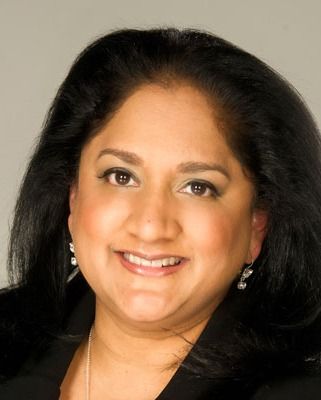
Asha M. George
Dr. Asha M. George is the executive director of the Bipartisan Commission on Biodefense. She is a public health security professional whose research and programmatic emphasis has been practical, academic, and political. Dr. George served in the US House of Representatives as a senior professional staffer and subcommittee staff director at the House Committee on Homeland Security in the 110th and 111th Congresses. She has worked for a variety of organizations, including government contractors, foundations, and non-profits. As a contractor, she supported and worked with all federal Departments, especially the Department of Homeland Security and the Department of Health and Human Services. Dr. George also served on active duty in the US Army as a military intelligence officer and as a paratrooper. She is a decorated Desert Storm Veteran. She holds a Bachelor of Arts in Natural Sciences from Johns Hopkins University, a Master of Science in Public Health from the University of North Carolina at Chapel Hill, and a Doctorate in Public Health from the University of Hawaii at Manoa. She is also a graduate of the Harvard University National Preparedness Leadership Initiative. George is a member of the Bulletin's Science and Security Board.
Robert Socolow
Dr. Robert Socolow is professor emeritus in the Department of Mechanical and Aerospace Engineering at Princeton University. From 2000 to 2019, he and Steve Pacala were the co-principal investigators of Princeton's Carbon Mitigation Initiative, a twenty-five-year (2001-2025) project supported by BP. His best-known paper, with Pacala, was in Science (2004): "Stabilization Wedges: Solving the Climate Problem for the Next 50 Years with Current Technologies." Socolow is a member of the American Academy of Arts and Sciences, an associate of the National Research Council of the National Academies, a fellow of the American Physical Society, and a fellow of the American Association for the Advancement of Science. His awards include the 2009 Frank Kreith Energy Award from the American Society of Mechanical Engineers and the 2005 Axelson Johnson Commemorative Lecture award from the Royal Academy of Engineering Sciences of Sweden (IVA). In 2003 he received the Leo Szilard Lectureship Award from the American Physical Society.
Plenary Conversation (4:15 pm - 5:00 pm)
Edmund G. Brown Jr.
Former Governor, State of California
Jerry Brown served for four terms as Governor of the State of California, the most recent term ending in January, 2019. He began his career in public service in 1969 as a trustee for the LA Community College District. He became California Secretary of State in 1970 and Governor of California in 1974 and 1978. After his second term as governor, Brown lectured and traveled widely, practiced law, served as chairman of the state Democratic Party, and ran for president. Brown was elected Mayor of Oakland in 1988 and California Attorney General in 2006; he was elected to a third gubernatorial term in 2010 and a fourth term in 2014. During this time, Brown helped eliminate the state's multi-billion budget deficit, spearheading successful campaigns to provide new funding for California's schools and establish a robust Rainy Day Fund to prepare for the next economic downturn. His administration has established nation-leading targets to protect the environment and fight climate change. Brown attended the University of California, Berkeley, and earned a JD at Yale Law School. He is also executive chair of the Bulletin of the Atomic Scientists.
William Perry
Former US Secretary of Defense
William J. Perry's career has spanned academia, industry, entrepreneurship, government, and diplomacy. He served as the 19th Secretary of Defense for the United States from February 1994 to January 1997. In 2007, Perry, George Shultz, Sam Nunn, and Henry Kissinger together formed the Nuclear Security Project, articulating practical steps to reduce current nuclear dangers. In 2013, he founded the William J. Perry Project in order to engage and educate the public on these issues; in 2015, he published My Journey at the Nuclear Brink, a personal account of his lifelong effort to reduce the threat of nuclear catastrophe. He is chair of the Bulletin's Board of Sponsors.
Perry is currently the Michael and Barbara Berberian Professor (emeritus) at Stanford University. He received a BS and MS from Stanford, and a Ph.D. from Pennsylvania State, all in mathematics. He was awarded the Presidential Medal of Freedom(1997) and the Knight Commander of the British Empire (1998). Perry has received numerous other awards, including the American Electronic Association's Medal of Achievement (1980) , the Eisenhower Award (1996), the Marshall Award (1997), the Forrestal Medal (1994),the Henry Stimson Medal (1994), and the Arthur Bueche Medal (1996) by the National Academy of Engineering. He has also received decorations from the governments of Albania, Bahrain, France, Germany, Hungary, Japan, South Korea, Poland, Slovenia, and Ukraine.
Perry is the father of five, grandfather of eight, and a great-grandfather of four. He continues to travel the world in pursuit of his goal to eliminate the ongoing danger of nuclear weapons.
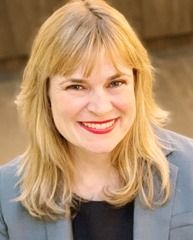
Emma Belcher (Moderator)
Director, Nuclear Challenges, John D. and Catherine T. MacArthur Foundation
Emma Belcher leads the John D. and Catherine T. MacArthur Foundation's Nuclear Challenges program. Previously, Belcher was at the Council on Foreign Relations, where she was a Stanton Nuclear Security Fellow. She has also worked as an advisor in Australia’s Department of the Prime Minister and Cabinet on national security and international affairs and as a public affairs officer at the Australian embassy in Washington, D.C. Belcher serves on the advisory committee of N Square—a network of innovators working to end the nuclear threat. Belcher was a 2014-2016 Emerging Leader at the Chicago Council on Global Affairs.
The Details
